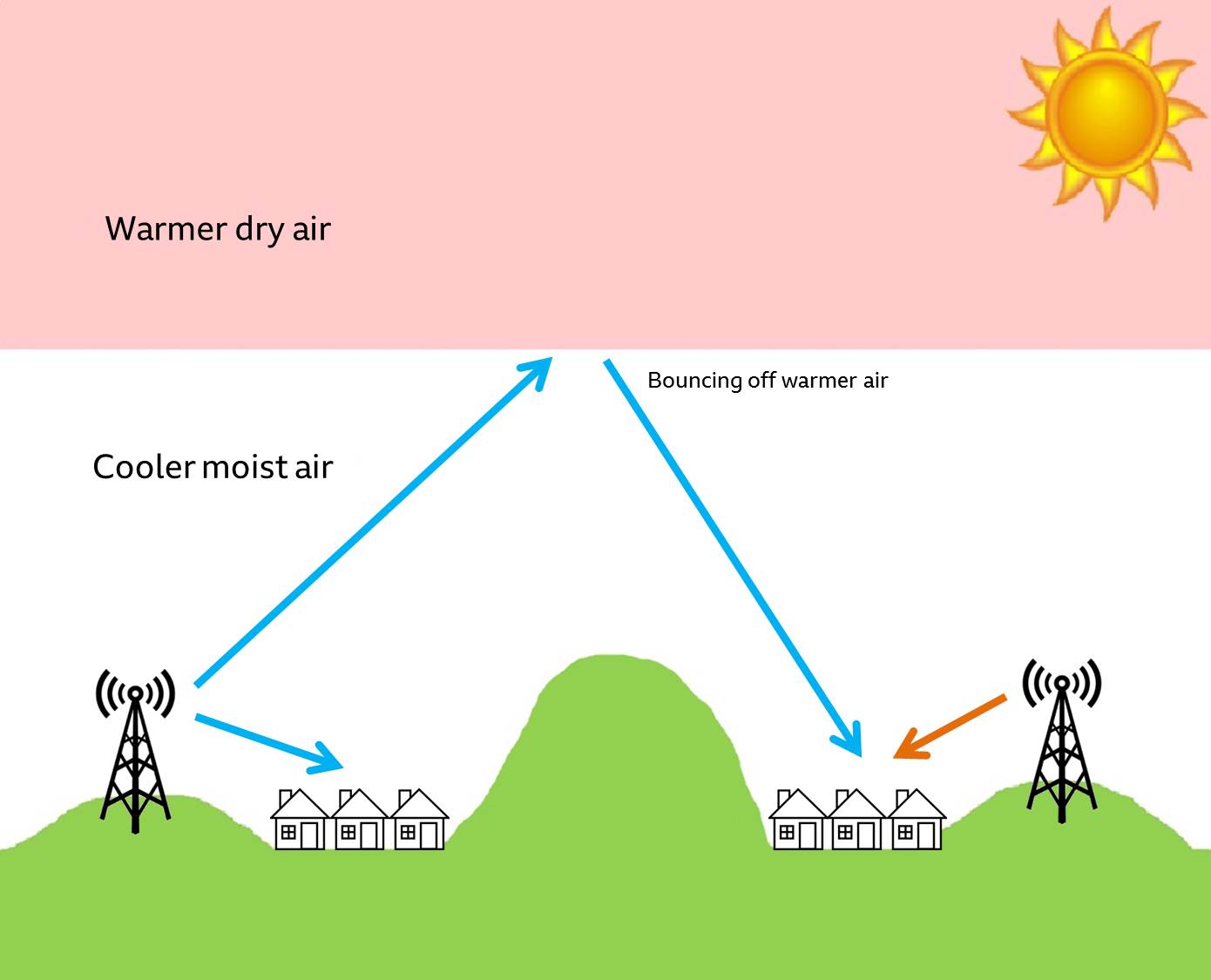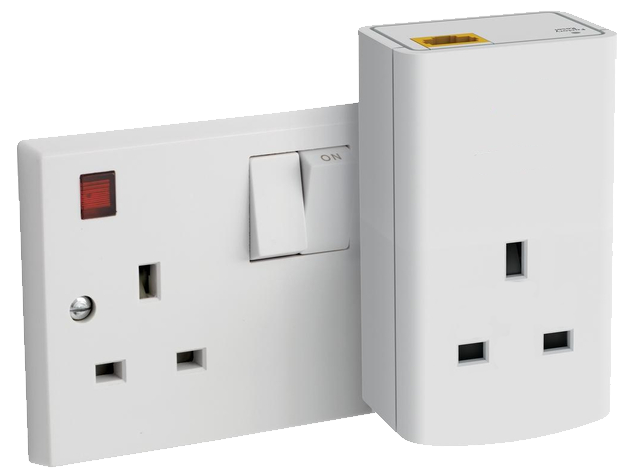Most cases of interference are caused by electrical devices inside or nearby to your home. However, interference can be difficult to diagnose as it tends to have the same effect on the sound as general reception problems.
We have some simple techniques you can use to try to determine the source.
We find that most cases of interference are caused by electrical devices inside or nearby your home. There is usually a pattern to it with a definite start and end time, and it normally affects all services.
Below are some simple techniques you can use to try and determine the source.
- Check whether there is a pattern. Is it happening every day? Does it come and go at specific times?
- When the problem happens, does it affect all stations?
- If you are using an external aerial, check whether the problem affects all radios connected to that aerial at the same time
- Interference from a device within a home or close by can affect televisions too, so it is worth switching on the television when you notice the problem.
- If you find a regular pattern and it is occurring to all stations and your television, there may be a source of interference nearby or within your own home.
Find the source of the interference
A portable battery powered FM/AM radio is a great tool to use to track down interference. Turn the radio onto FM and walk around with the radio and see whether the reception gets worse near certain electrical items in the home. If not, take the radio outside and see if it is worse as there may be a faulty piece of electrical equipment nearby, e.g. a street lamp.
Try changing the frequency band to AM and see whether the problem is still there and is it worse? If so what does the problem sound like? Most electrical items produce a distinctive sound. We have listed some of them below but this is only a guide and not a definitive list.
- Thermostat - Loud rasping sound.
- Light switches - Clicks and pops. Switch lights on and off one at a time
- Street lamps - Buzzing/crackling
- Passing traffic - A distinct buzzing 'whine' which varies with engine speed
- Engine affecting your own car radio - A distinct buzzing ‘whine’ which rises and falls with engine speed.
- Electric motor - A distinct rough crackly 'whine'
We also have guides on FM radio interference and AM radio interference for help in identifying a source of interference.

